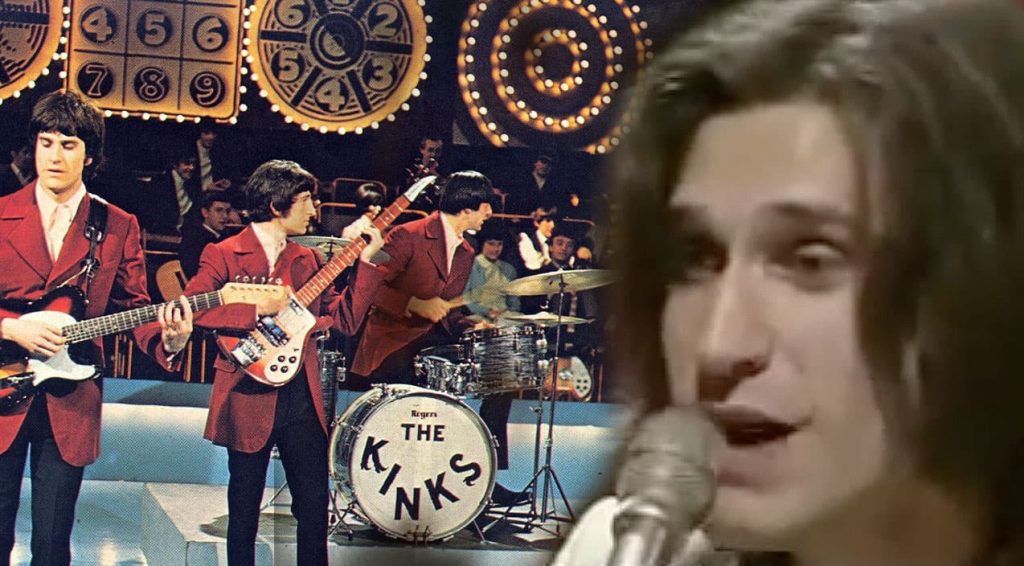
The Kinks – Lola: A Bold, Witty Exploration of Identity and Desire
Released in 1970, Lola by The Kinks is one of rock music’s most daring and endearing songs, blending humor, ambiguity, and social commentary with an unforgettable melody. Written by Ray Davies, the track tells a story that unfolds in a Soho bar, where the narrator encounters Lola, a figure who challenges his preconceptions of gender and attraction. In an era when topics of sexual identity and gender fluidity were rarely addressed in mainstream music, Lola stood as both a trailblazer and a testament to The Kinks’ penchant for fearless storytelling.
The song begins with the narrator meeting Lola, who exudes a unique allure—”she walked like a woman but talked like a man.” This line encapsulates the essence of Lola’s charm, delivering the revelation with a blend of bemusement and sincerity. While the narrator’s initial confusion gives way to deeper feelings of affection, the lyrics never mock Lola or the situation; instead, they celebrate the complexity and fluidity of human connection. The refrain, “I’m not the world’s most masculine man, but I know what I am, and I’m glad I’m a man, and so is Lola,” strikes a delicate balance between humor and affirmation.
Musically, Lola is irresistible. Its jaunty acoustic riff drives the melody, accompanied by a stomping rhythm and Davies’ conversational vocal delivery. The song’s singalong chorus is both infectious and comforting, enveloping the listener in a warm embrace of acceptance. While its arrangement is relatively simple, the clever interplay of instruments—including a bright piano and understated electric guitar—adds texture, letting the lyrics shine.
Behind its playful narrative lies a sharp critique of societal norms and expectations. The Kinks had long been observers of British culture, often weaving their critiques into tales of everyday life. With Lola, Ray Davies pushed boundaries, telling a story that questioned rigid gender roles and celebrated individuality. The song’s humor softens its boldness, making it accessible to a wide audience while still delivering a profound message.
The release of Lola wasn’t without its hurdles. The BBC initially banned the song, not for its themes, but for its mention of “Coca-Cola,” citing a prohibition on advertising. Davies famously flew back from the Kinks’ American tour to re-record the offending line as “cherry cola,” ensuring the track could reach UK airwaves. Despite this hiccup, Lola became a commercial success, peaking at number two on the UK Singles Chart and number nine on the Billboard Hot 100 in the U.S.
Over the years, Lola has become one of The Kinks’ signature tracks, celebrated for its wit, warmth, and progressive outlook. Its legacy has only grown, cementing its place in the pantheon of great rock songs. Rolling Stone ranked it at number 386 on its 2021 list of “The 500 Greatest Songs of All Time,” while NME positioned it at number 473 on their own list.
More than five decades after its release, Lola remains as relevant as ever. Its exploration of attraction, identity, and acceptance resonates in a world that continues to grapple with these themes. The song’s humor and humanity invite listeners to reflect without judgment, proving that music, at its best, is a vessel for both empathy and enlightenment. Lola is not just a classic; it’s a cultural milestone, a song that bridges eras and perspectives with effortless grace.